A pharmacist’s take on dengue recovery
In a world where health crises can strike unexpectedly, the pursuit of innovative and holistic approaches to safeguard our well-being is paramount. Dengue, a mosquito-borne viral infection, continues to pose a
significant threat in many regions, underscoring the importance of proactive prevention measures.
In this enlightening conversation, a pharmacist delves into the world of supplements and natural remedies, shedding light on their potential role and risks in dengue prevention. Read on as Nur Syafa
Addina, a community pharmacist from Farmasi Ideal Kota Pendamar shares the do’s and don’ts, things to look out for, and beneficial supplements for dengue recovery.

1Twenty80:
Are there any specific vitamins or minerals that individuals recovering from dengue fever should consider supplementing?
Nur Syafa:
Individuals in the process of recovering from dengue fever should prioritize obtaining essential nutrients through a well-rounded diet rather than relying exclusively on supplements. However, there are situations where supplementation may be warranted, particularly in cases of deficiencies or inadequate dietary intake. It is crucial to seek guidance from a healthcare professional to assess specific needs and determine appropriate dosages. Here are some vitamins and minerals to consider:
>> IRON
Dengue fever can lead to anemia, making it important to include iron-rich foods like lean meats, fish, poultry, beans, and fortified cereals in one’s diet. Healthcare professionals may prescribe iron supplements if needed.

>> VITAMINB12
Essential for nerve cell maintenance and red blood cell production, vitamin B12 is present in animal products such as meat, fish, dairy, and eggs. B12 supplements may be prescribed in cases of efficiency.

>> CALCIUM

Vital for bone health and muscle function, calcium is available in dairy products, leafy greens, and fortified foods. Supplements may be necessary if dietary calcium intake falls short.
>> MAGNESIUM
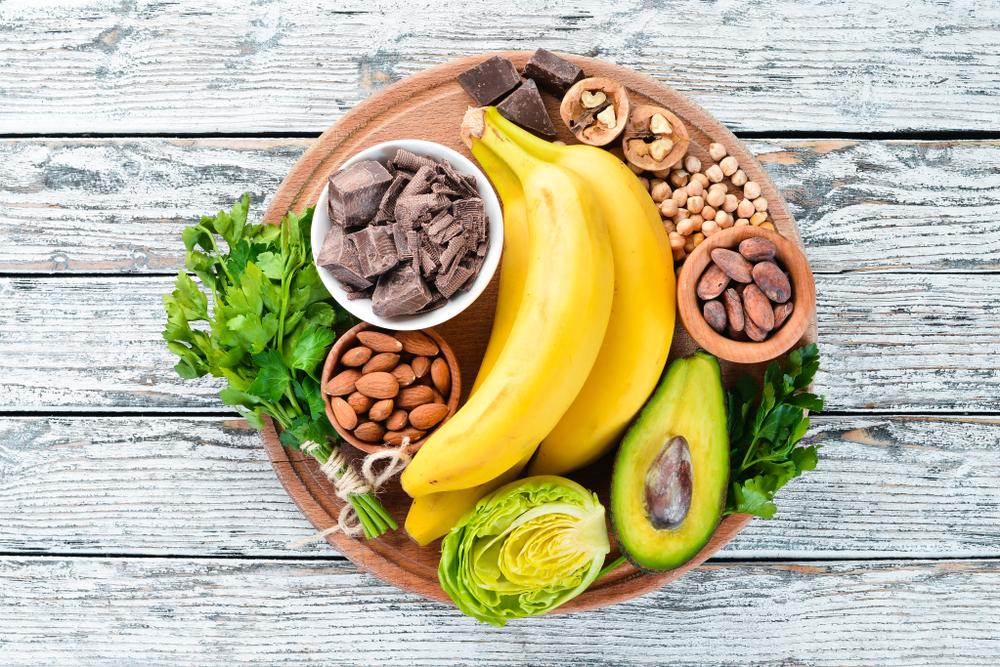
With a role in muscle and nerve function, magnesium is present in nuts, seeds, whole grains, and leafy greens.
>> PROBIOTIC
Probiotic supplements may aid in restoring gut health, particularly if dengue has affected the digestive system. Yogurt and fermented foods are also natural sources of probiotics.

It’s essential to underscore that supplementation should always be guided by a healthcare professional and tailored to individual requirements. Overconsumption of certain vitamins and minerals can have adverse effects. Furthermore, a well-balanced diet that incorporates a variety of nutrient-rich foods remains the most effective way to ensure sufficient vitamins and minerals during the recovery from dengue fever.
Consulting with a healthcare provider, including a registered dietitian, can help determine specific nutrient needs and establish a safe and effective recovery plan personalized to your unique circumstances.
1Twenty80:
How do natural ingredients or herbal supplements compare to pharmaceutical medications in terms of safety and efficacy for dengue fever management?
Nur Syafa:
When it comes to addressing dengue fever, pharmaceutical medications are generally the favoured and scientifically validated approach. They have undergone rigorous testing to ensure both their safety and effectiveness. In contrast, natural ingredients and herbal supplements may offer potential benefits for symptom relief or immune support. However, their safety and effectiveness can vary significantly, and
scientific evidence supporting their use is often limited.
Here’s a comparison of natural ingredients/herbal supplements and pharmaceutical medications concerning their safety and effectiveness in managing dengue fever:
>> SAFETY
PHARMACEUTICAL MEDICATIONS
Pharmaceutical medications designed for dengue management undergo thorough development and testing through clinical trials to guarantee their safety and efficacy. These medications are subjected to rigorous evaluation for potential side effects and adverse reactions. Healthcare professionals can prescribe suitable dosages and closely monitor patients for any adverse effects.
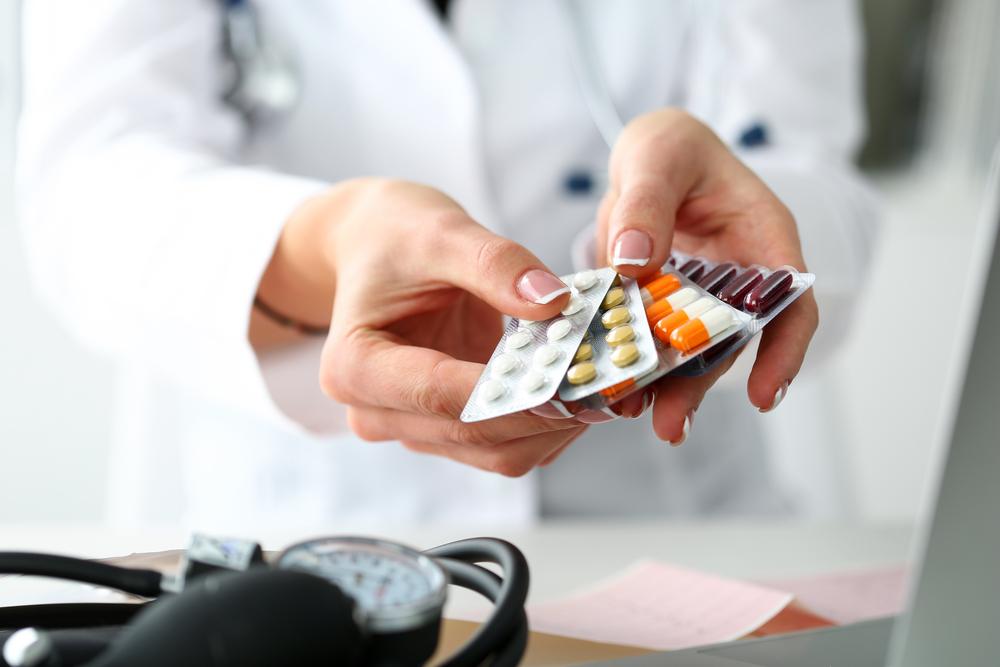
NATURAL INGREDIENTS/ HERBAL SUPPLEMENTS
The safety of natural ingredients and herbal supplements can vary widely. While some
have a history of safe use with minimal side effects, others may carry risks of allergic reactions, interactions with medications, or unproven long-term safety profiles. Additionally, the purity and quality of herbal supplements can be inconsistent.

>> EFFECTIVENESS
PHARMACEUTICAL MEDICATIONS
Commonly used pharmaceutical medications for dengue-related symptoms, such as antipyretics like acetaminophen (paracetamol), are highly effective in alleviating symptoms. They can be administered under medical supervision. In severe cases, hospitalization, and supportive care, including intravenous fluids and blood component transfusions, may be necessary.
NATURAL INGREDIENTS/HERBAL SUPPLEMENTS
The effectiveness of natural ingredients and herbal supplements in managing dengue fever is often based on traditional knowledge and anecdotal evidence. Scientific research supporting their efficacy is generally limited and may not meet the rigorous standards of pharmaceutical clinical trials.
>> EVIDENCE
PHARMACEUTICAL MEDICATIONS
Pharmaceutical treatments for dengue fever are supported by a substantial body of scientific research and are endorsed by health organizations and professionals worldwide.
NATURAL INGREDIENTS/HERBAL SUPPLEMENTS
Scientific evidence backing the use of natural ingredients and herbal supplements for managing dengue fever is frequently lacking or inconclusive. Many of these remedies have not been subjected to rigorous clinical trials.
>> SPECIFICITY
PHARMACEUTICAL MEDICATIONS
Pharmaceutical medications are designed to target specific symptoms and complications associated with dengue fever. This tailored approach makes them highly effective for symptom management and treatment.
NATURAL INGREDIENTS/HERBAL SUPPLEMENTS
Natural remedies often adopt a holistic approach and may not directly target the virus responsible for dengue fever. While they may provide relief from certain symptoms, they should not be viewed as a substitute for medical care, especially in severe cases.
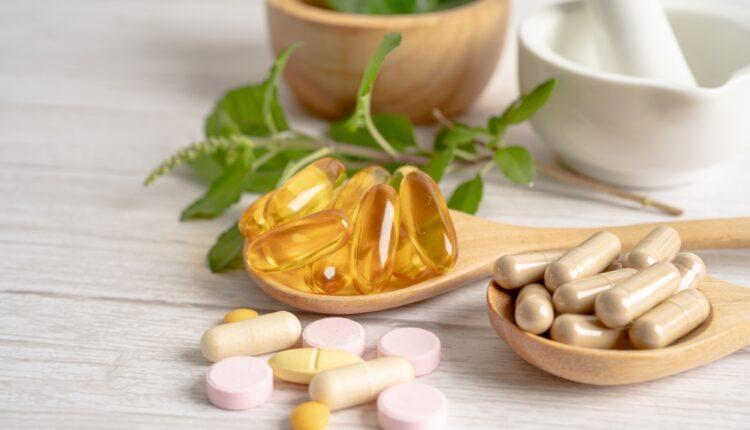
Pharmaceutical medications are the cornerstone of dengue fever management, especially in severe instances. They are well-researched, effective, and closely monitored by healthcare professionals. Natural ingredients and herbal supplements can be considered complementary or supportive measures for symptom relief and immune support. However, they should never replace medical treatment.
Natural ingredients and herbal supplements can be contemplated as complementary strategies alongside conventional treatments for dengue fever. However, their utilisation should be approached with care and supervision from a healthcare provider. Conventional medical treatments, such as antipyretics for fever and supportive care, remain the primary approaches for managing dengue fever. Complementary therapies should be employed to enhance comfort and overall well-being during the recovery process, serving as adjuncts to conventional care.
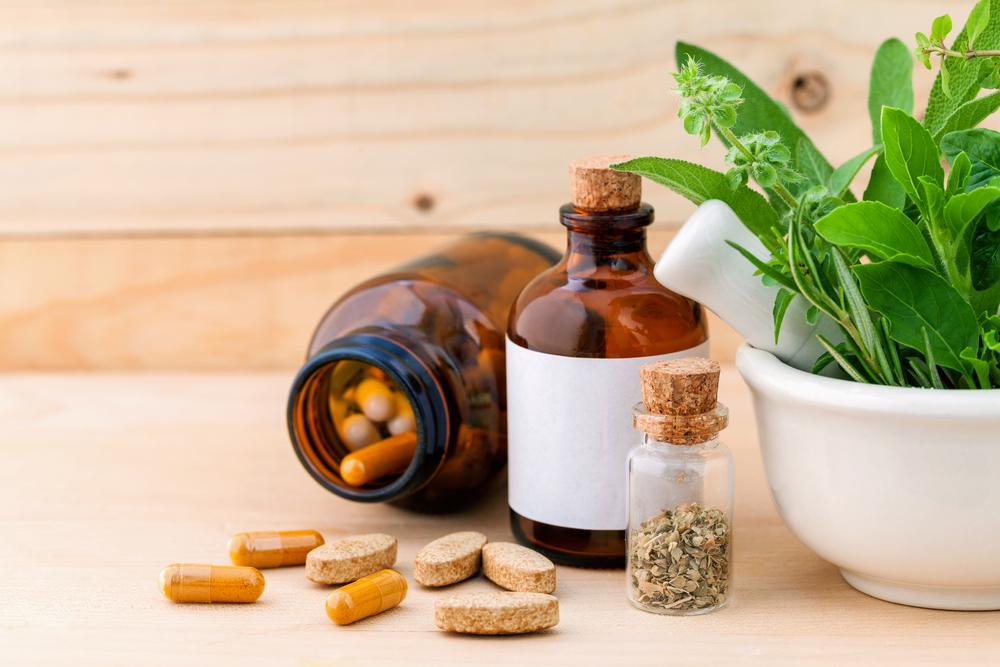
If you suspect you have dengue fever, it is crucial to promptly seek medical attention for an accurate diagnosis and guidance on suitable treatment and management options. Always consult with a healthcare professional before using any natural remedies or supplements, as they can potentially interact with medications or pose risks, especially in the context of a serious illness like dengue.
1Twenty80:
What precautions should individuals take when using natural ingredients or herbal supplements alongside medical treatment for dengue fever?
Nur Syafa:
When integrating natural ingredients or herbal supplements into your
dengue fever treatment alongside medical care, it’s vital
to take several precautions to ensure safety and
prevent potential interactions or complications.
Here are some important safety measures to
bear in mind:
>> CONSULT WITH A HEALTHCARE PROFESSIONAL

Before commencing any natural ingredients or herbal supplements as part of your dengue fever treatment, always consult with a healthcare provider. They can evaluate your specific circumstances, offer personalized recommendations, and mitigate potential clashes with other medications. Complete transparency is pivotal to avoid potential conflicts with prescribed treatments.
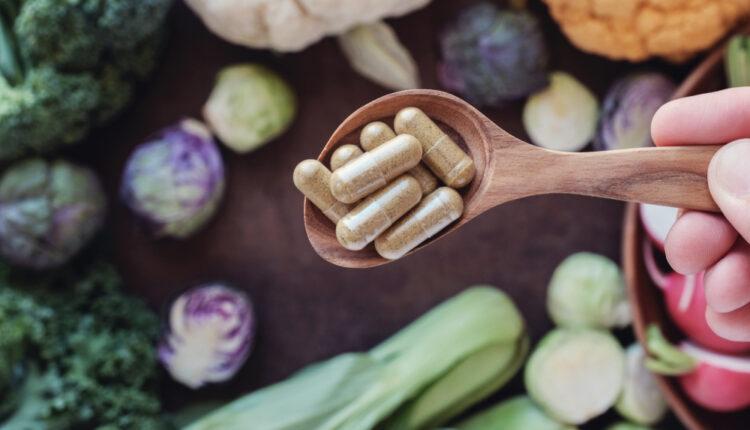
>> QUALITY AND PURITY
Opt for supplements from reputable sources to guarantee their quality and purity. Some supplements may contain impurities or contaminants that can pose harm.
>> MONITOR FOR ADVERSE EFFECTS
Exercise vigilant observation of your body’s responses when employing supplements. If you encounter any adverse effects, such as allergic reactions, digestive disturbances, or unusual symptoms, discontinue the use of the supplement and promptly seek medical attention.
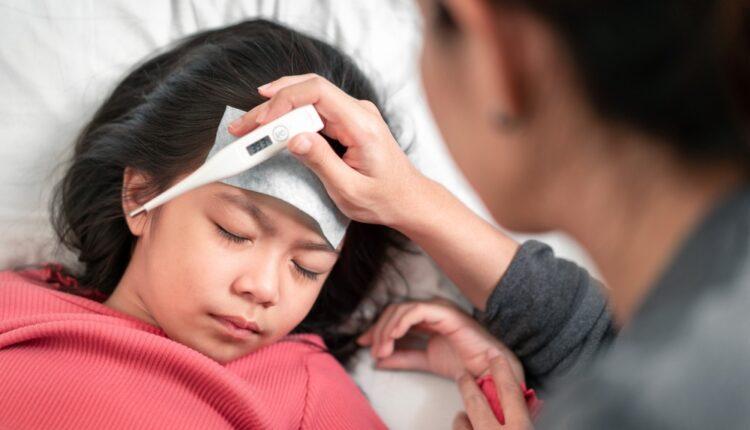
>> MAINTAIN CONVENTIONAL TREATMENT
Natural ingredients and herbal supplements should never supplant or interfere with prescribed medical treatments for dengue fever. Traditional treatments, encompassing fever-reducing measures and supportive care, constitute the primary approach to managing the ailment.

>> AVOID RISKY PRACTICES
Avoid unverified or risky practices, such as extreme fasting, overly restrictive diets, or the utilization of untested herbal remedies. These practices can be detrimental to your well-being.

>> Regular follow-up
Persist in adhering to scheduled follow-up appointments with your healthcare provider. They can track your progress, adjust your treatment strategy as necessary, and address any concerns that arise.














